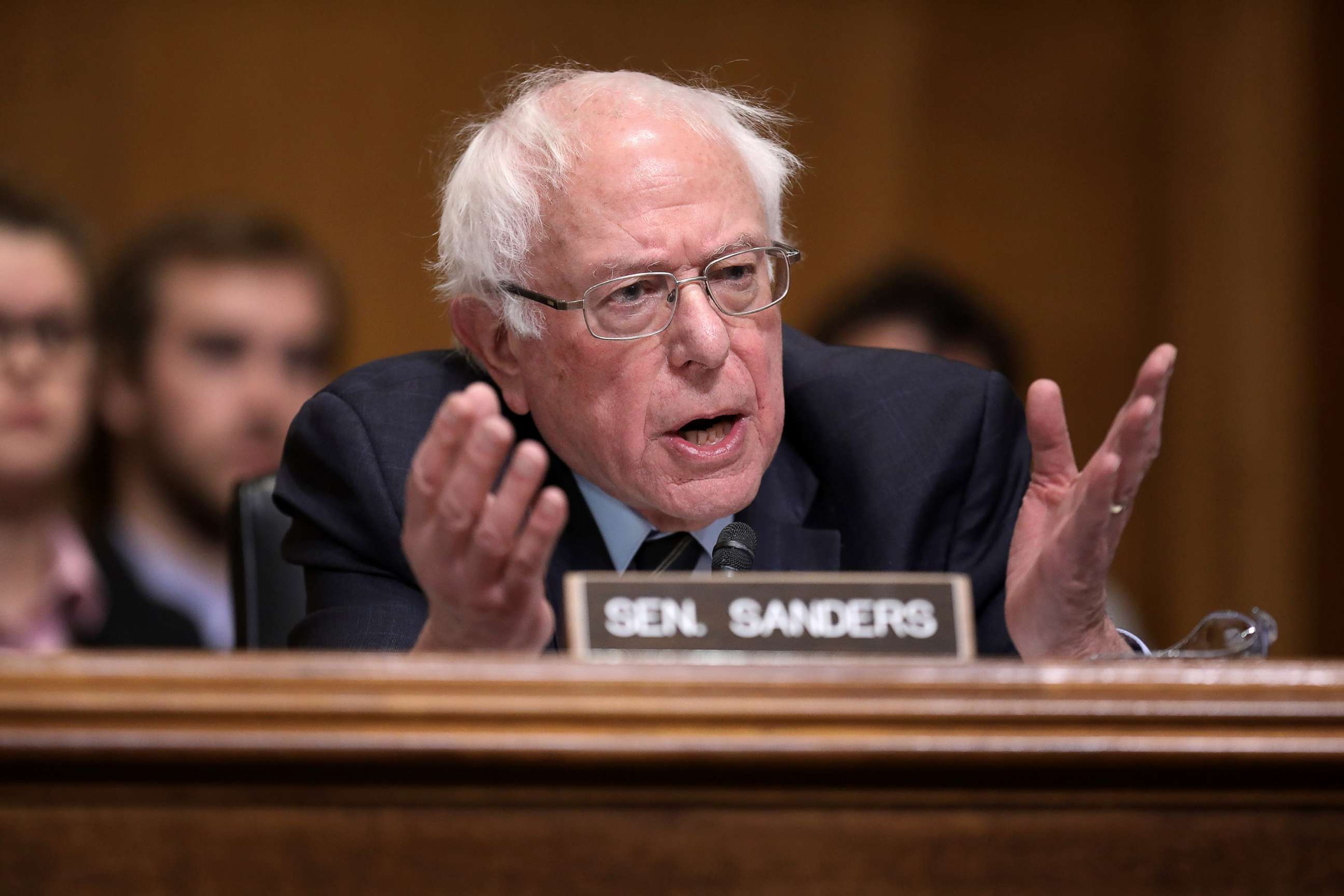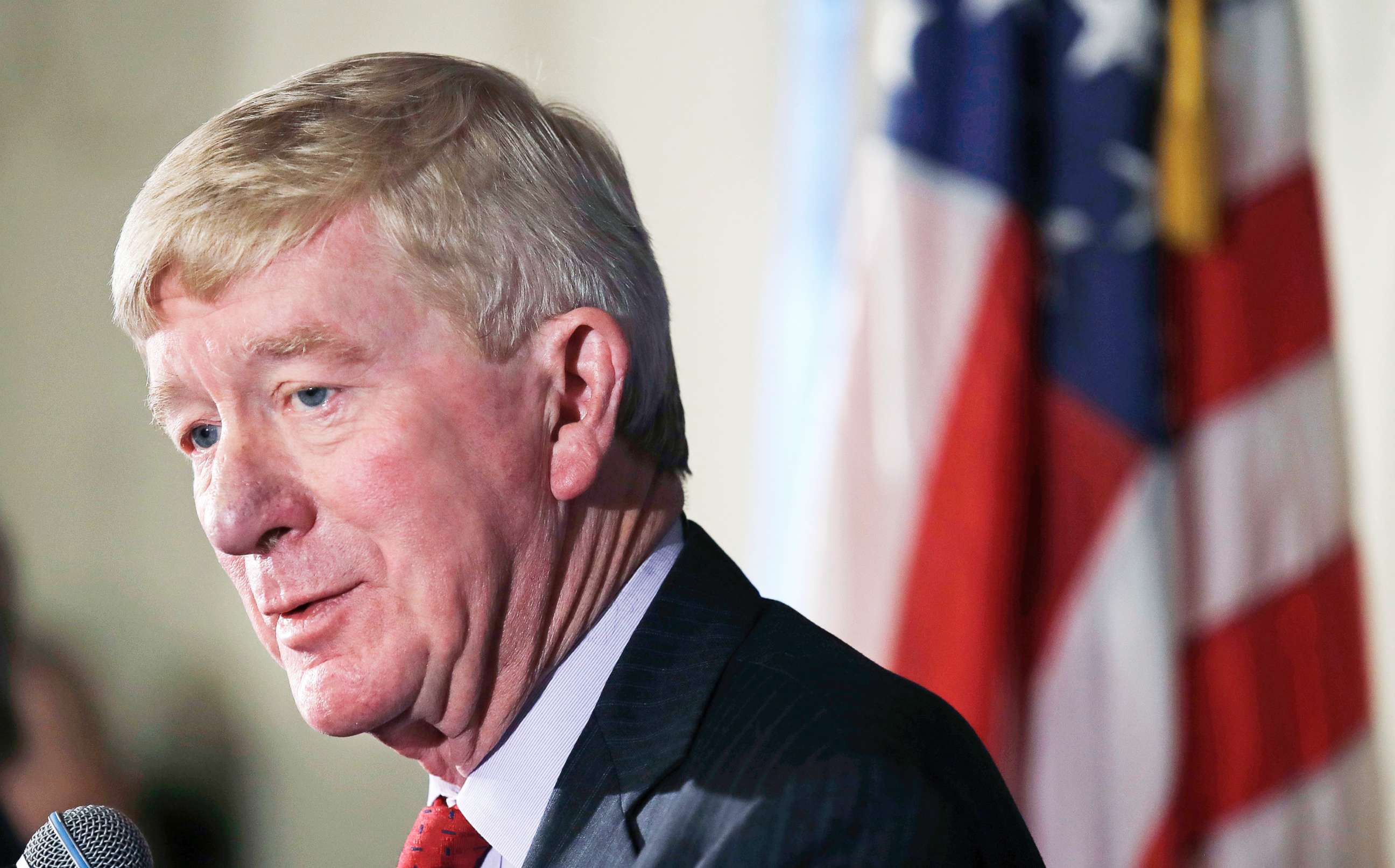2020 presidential races: Running a 'conscious campaign'
I offer 10 commitments every campaign should employ.
In 2013, the book “Conscious Capitalism” became a bestseller by advocating a new approach to the practice of business and the corporate culture in America. Quoting from the author and founder of Whole Foods, John Mackey, “Just as happiness is best experienced by not aiming for it directly, profits are best achieved by not making them the primary goal of business.”
I would stipulate that winning a campaign victory is best achieved by not making that the primary goal of politics -- which leads me to advocate for the 2020 presidential candidates and their operatives engaging in “conscious campaigns.”
Before you accuse me of being naïve or not understanding how campaigns work, it might be valuable to consider that I have worked on over 100 winning campaigns in the past 35 years including two winning presidential efforts. I understand the commitment and strength required to succeed, and I admit that I often fell down in my objective of being involved in a conscious campaign.
I have realized more and more in the last ten years that we must stop the “ends justify the means” approach to governance, politics and life, and must instead replace it with a means-justify-the-ends dynamic. If the means are compassionate, intentional and ethical, the ends will be just fine and will succeed.
To this idea of encouraging campaigns that are more enlightened and conscious and which seek to heal instead of hurt, I offer ten commitments that I would like to see every campaign employ as folks across the political spectrum seek the highest office in America as well as those candidates running for office up and down the ballot.

1. Let us treat the candidates we face in election contests not as enemies, but as worthwhile opponents. Toss “The Prince” by Machiavelli and “The Art of War” by Sun Tzu which many use as a guide to success, and perhaps pick up “The Sermon on the Mount” or writings of the Dalai Lama as a guiding texts.
2. End the practice of opposition research, which seeks to dig up personal scandals on others -- which have nothing to do with how someone has led or might lead in office. Dirt diggers have no place in a conscious campaign.
Toss 'The Prince' by Machiavelli and 'The Art of War' by Sun Tzu which many use as a guide to success, and perhaps pick up 'The Sermon on the Mount' from the Bible, or the writings of the Dalai Lama, as a guiding texts.
3. End the tactics of personal insult, name-calling and berating or demeaning others. If we wouldn’t want to see words and actions our sons or daughters use in elementary school, then we shouldn’t allow them in political campaigns.
4. Let us practice compassion for other candidates that we face as well as their campaigns. Each person in a campaign should personally get to know other people who work in an opposing campaign. I have discovered it is much easier to be compassionate to others if we get to know them. And when other campaigns lose, let us reach out to those folks and see how they are, and help them recover.

5. Let us put together organizations that pay full-time employees a living wage, ensure a ratio where the highest-paid employee doesn’t make more than 20 or 30 times more than the lowest-paid employee, provide health insurance, and commit to running an organization that is both diverse and inclusive, and respects the environment by having a simpler carbon footprint.
6. Let us each morning gather campaign folks together, before the chaos of the day begins, and have a meditation or centering prayer session of 30 minutes so that everyone can set their compassionate intention for the day ahead.
If the means are compassionate, intentional and ethical, the ends will be just fine and will succeed.
7. Let us make a commitment to running campaigns with integrity -- where deception, dishonesty, and disingenuousness is abandoned, and discussions rely on facts and the truth in all elements of communications. Transparency and openness with the media should be practiced as much as possible and be the default position when dealing with the press.

8. Let us attempt to refrain from questioning the intentions of others unless evidence is clear of something nefarious, and debate contrasting visions and policies at a higher level. Starting with the presumption that the opposing candidate is well-intentioned will raise the standard of discourse throughout.
9. If opposing a campaign attacks other an opponent in a sexist, racist or mean-spirited manner, other campaigns should stand together and defend that candidate. The mantra should be that a personal, destructive attack on one should be viewed as an attack on all. Give support even if you believe the attack may hurt your opponent and help you.
10. Let us lead with love, and not with hate. While anger can help energize folks to rise up, let’s have campaigns which seek peace and calm instead of war. Let’s encourage people to focus, and to calm down and access their better angels, instead of stirring people up and appealing to the worst aspects of human nature.
This is my initial list, and there are undoubtedly many more elements I have neglected, but it would be a great start if campaigns committed to this level of consciousness in the rough and tumble of presidential politics. I believe that if campaigns are run in this fashion, it is much more likely that leaders, once elected, will govern in a manner more in alignment with justice, integrity, and the common good.




